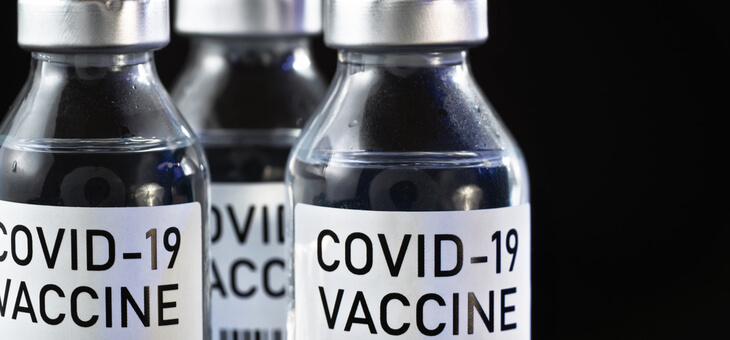The Australian Technical Advisory Group on Immunisation (ATAGI) has recommended a change in the nation’s vaccine terminology, with those aged 16 and over to be considered ‘up to date’ only when they have had their booster shots.
ATAGI has announced a change in the way the Australian government will view an individual’s COVID-19 vaccination status, recommending a move away from the term ‘fully vaccinated’.
Instead, ATAGI says a person should be considered up to date if they have had the required number of booster shots for their age and immunocompromised status.
Currently that number sits at three doses for everyone aged 16 and over, and all individuals over five years of age who are severely immunocompromised.
The third dose is recommended three months after receiving your second primary dose, and under the new rules you will be considered overdue for a booster if you haven’t had one within six months.
Read: A nanoparticle vaccine – you won’t see it but you’ll believe it
Crucially, the recommendation would mean the definition of ‘up to date’ could change over time.
“The concept of being up to date with vaccination may be different to what has been required to be ‘fully vaccinated’, which is a term that has been used in the context of public health orders or mandates in various settings, including border control, quarantine, workplaces (e.g. aged care, healthcare), and in other select settings,” ATAGI says.
“ATAGI acknowledges that this change in definition of up-to-date status for COVID-19 vaccines may impact the status of an individual’s COVID-19 immunisation certificate, and sufficient time should be provided to support implementation. It is recommended they be made effective by the end of March 2022.”
The new advice was endorsed by national cabinet on Thursday and will be applicable across all states and territories. At this stage, the recommendations are just that and won’t be mandated, except for workers in the age care system.
Read: Australia avoids excess deaths during pandemic
But the federal government has said this new definition will not apply to international travellers entering Australia when borders open on 21 February.
“The Commonwealth government’s decision that the existing arrangements and definition of ‘fully vaccinated’ for the purposes of overseas travel and arrival into Australia will continue,” Prime Minister Scott Morrison said.
“Individuals must have received a complete two-dose primary course of a Therapeutic Goods Administration (TGA) approved or recognised vaccine to be considered ‘fully vaccinated’. People entering Australia will not be required to have had a booster dose of a COVID-19 vaccine.”
Latest figures show 93.9 per cent of eligible Australians have received two doses, but only 46.3 per cent had been given a booster.
Read: Lessons we can learn from Omicron
The federal position is at odds with that of some states. Earlier in the week, Victorian Premier Daniel Andrews acknowledged that while he has no authority over conditions of entry to Australia, booster doses would be required for those wanting to attend hospitality and events in Victoria.
“It [the ATAGI recommendation] will apply here in Victoria,” he said.
“As far as those who get into the country, and the circumstances in which they get into the country, I think we’ve well established that is a matter for the Commonwealth,” he said.
Do you think ATAGI has got this recommendation right? Is it fair that it won’t apply to international travellers? Let us know in the comments section below.
If you enjoy our content, don’t keep it to yourself. Share our free eNews with your friends and encourage them to sign up.

